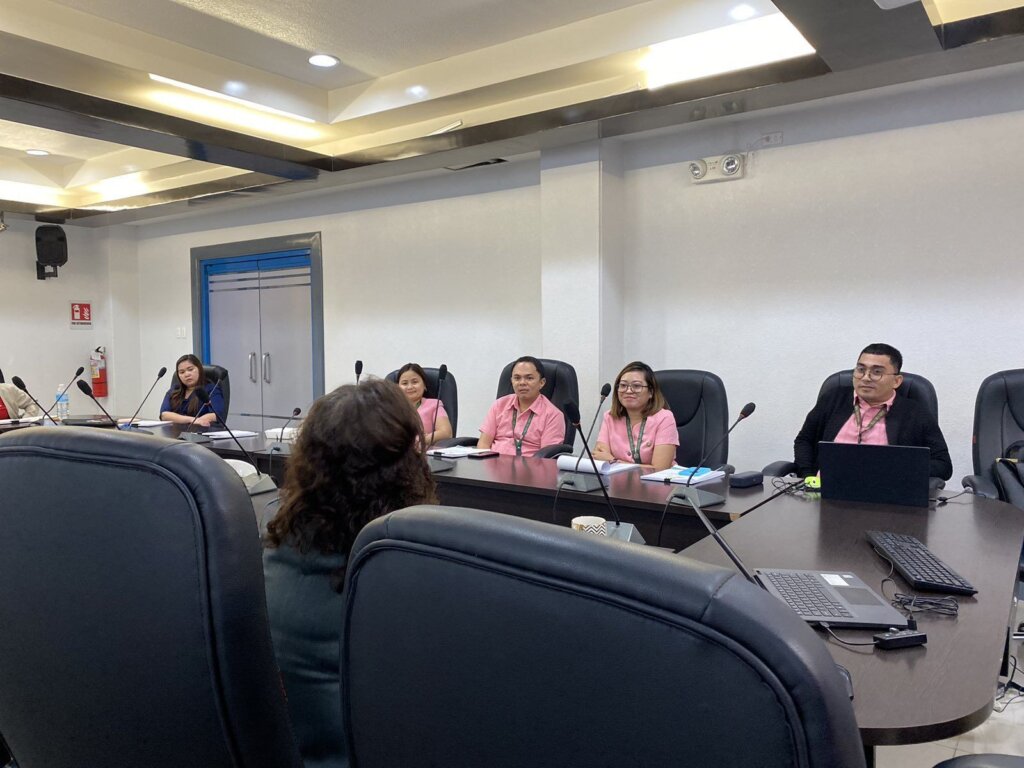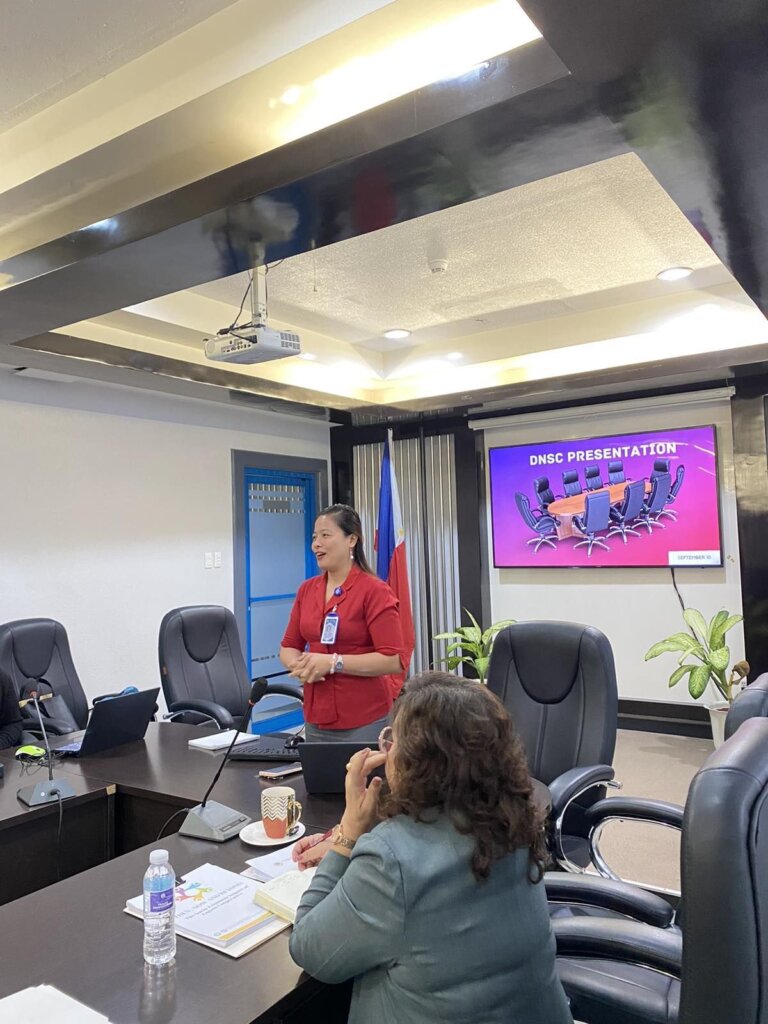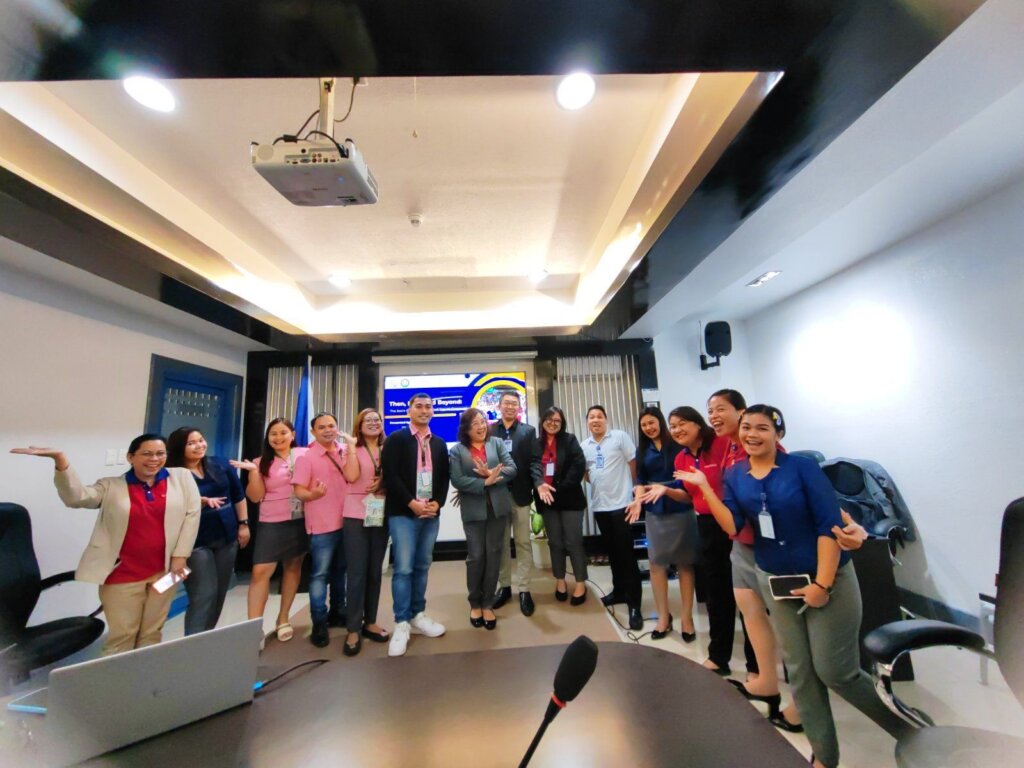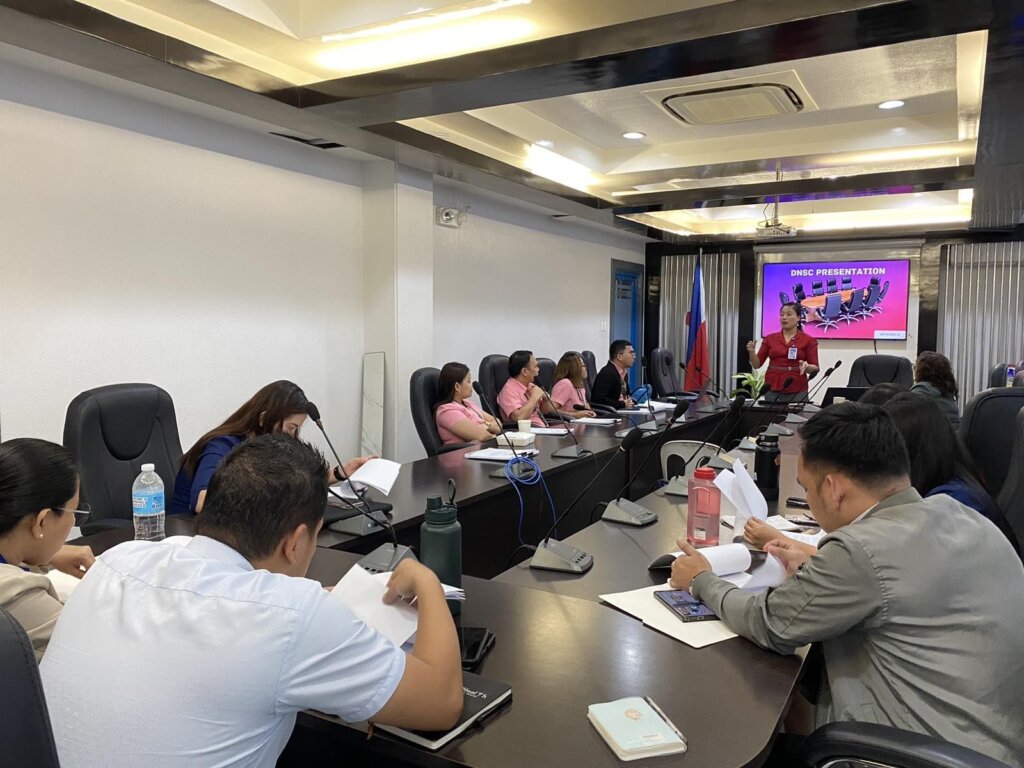Determined to evaluate its socio-economic impact on members and the wider community, Tagum Cooperative partnered with Davao del Norte State College (DNSC) to conduct a comprehensive study which was initially launched in 2021 and encountered challenges that temporarily halted progress. However, it resumed in August 2023 following a ceremonial Memorandum of Agreement (MOA) signing between Tagum Cooperative and DNSC, symbolizing renewed commitment to this vital endeavor.


The study was spearheaded by Dr. Marck Lester Navales, along with his team of researchers: Dr. Charlo Bianci Guray, Ms. Melissa Dalumay, and Ms. Nestle Joy Arguilla. To complement their expertise, Tagum Cooperative formed a Technical Working Group (TWG) to facilitate and oversee the study. The TWG was led by Ms. Al Gee Omega C. Bula, Chairperson, and Ms. Annie Rose O. Pingol, Vice-Chairperson, with key members drawn from various departments, including the Communications and Education Department, Research and Development Department, Marketing and Membership Department, Information and Communication Technology Department, and Community Development Department.
The study employed a convergent mixed-method approach, combining quantitative and qualitative methodologies for a comprehensive analysis.
Quantitative Data was gathered from all 28 TC branches and satellite offices, covering both urban and rural areas for months. This extensive data collection to wide branches contributed to the generalizability of the findings.
Qualitative Data was collected through Focus Group Discussions (FGDs). These discussions utilized structured interview guides and engaged members and stakeholders from diverse backgrounds and locations to explore specific social key areas in-depth.
The conceptual framework for this study is designed to assess the level of satisfaction among the members of Tagum Cooperative using the SERVQUAL model. The framework integrates the five key dimensions of the SERVQUAL Model- reliability, responsiveness, assurance, empathy, and tangibility. Each dimension influences overall member satisfaction.


The study, which concluded on November 13, 2024, culminated in the presentation and approval of the research manuscript by the Board of Directors. The findings highlighted significant socio-economic contributions of Tagum Cooperative while identifying areas for strategic improvement. Notable recommendations included:
Sharing of Best Practices: Tagum Cooperative is encouraged to actively share best practices across branches and departments to ensure consistent service quality.
Tagum Cooperative is encouraged to develop and implement more sustainable programs tailored to disaster preparedness, elderly care, and sports development.
Consider Stakeholders’ Recommendations: Incorporate feedback from stakeholders into the cooperative’s strategic plan and service improvements.
Conducting Further Study: Continued research and further studies to identify emerging trends and areas for improvement to maintain Tagum Cooperative’s competitive edge in service delivery.
This collaborative endeavor underscores Tagum Cooperative’s unwavering commitment to continuous improvement and member-centric service. By combining academic rigor with practical insights, the study not only affirmed the cooperative’s socio-economic impact but also provided actionable recommendations to enhance its services. Al Gee Omega C. Bula
